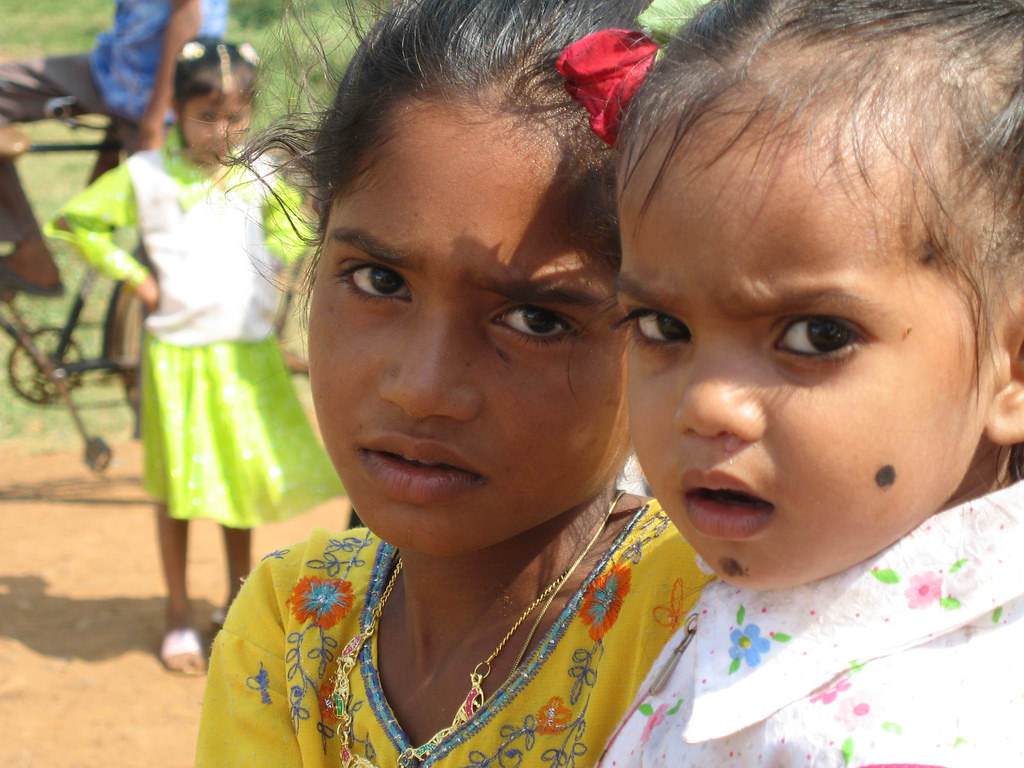There’s a food crisis looming over India.
Farmers in the country currently lose some Rs50,000 crore ($5 billion) every year to pests and diseases. Droughts, coupled with a lack of irrigation facilities, are exacerbating the problem.
Prices for pulses—a category of grains that includes lentils and chickpeas, which are staples for Indians—have been rising lately. The situation may only worsen as the United Nations estimates that the country’s population, currently at 1.2 billion, will reach 1.8 billion by 2050.
Scientists already have a solution: genetically modified (GM) crops that can withstand pests and droughts. But before they can get these super plants into farmers’ hands, they will have to convince prime minister Narendra Modi’s government about the safety and cost-effectiveness of this variety. […]
However, in India, some environmentalists have called GM crops “toxic” and hazardous to health. Some have expressed concerns their consumption could “transfer antibiotic resistance, toxicity, and allergenicity.” They argue that since genetic modification is a pretty recent technology, the effects of prolonged consumption of GM foods on human health aren’t known.
There may be a political hue to the debate in India: staunch Hindu nationalist organizations typically oppose the use of the technology, perceiving it as foreign.

